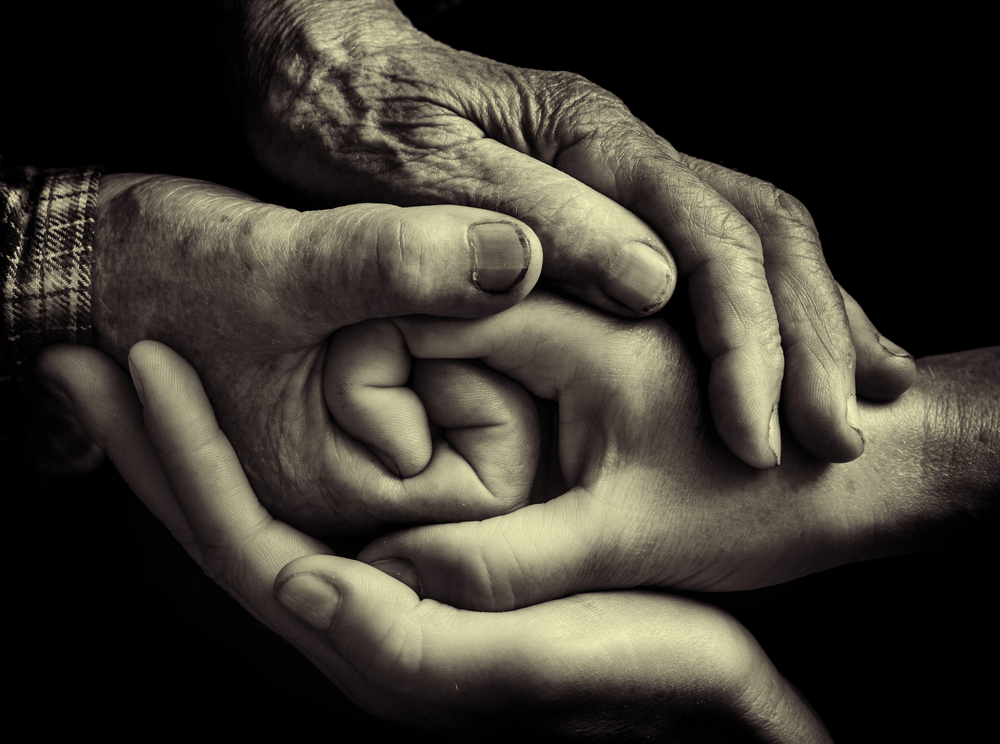For many of us, “justice,” evokes images of courtrooms, juries and cell walls. We’re taught that justice is the concern of the people in charge of our society’s institutions. Faced with a barrage of images of crime and harmful actions in our surrounding communities, we so often remain on the sidelines and hope that meaningful justice will be done to restore a balance in the social world around us.
Still, we sense that real justice is something more than an external process carried out on perpetrators by those in positions of authority. Each one of us knows the inner experience of anger, confusion and danger when we or those within our communities are affected by violence. We can recall our own mixed emotions when we find ourselves responsible for harming another, even with our words. In our families, places of work, and within our networks and communities we know the delicate balance of trust as we navigate through the subtly changing waters of our own dignity and that of others in relationship to us. Justice and injustice are deeply personal.
Historically, we’ve seen the perils of unrestrained vengeance of citizens united by anger taking justice into our hands. Indeed, it was in part a reaction to the threat of vigilante ‘mob justice’ that gave rise to our current state-administered adversarial justice system. Vengeance that is un-tempered by wisdom and compassion only serves to perpetuate cycles of violence, and too often leaves the thirst for meaningful justice unquenched.
So, can ordinary citizens safely “do” justice? Of course we can. We seek justice every time we wade through a difficult conversation with a loved one, take responsibility for the pain we’ve caused, and humbly make amends. We move toward justice when we confront the neighbor, co-worker, politician or friend whose actions cause harm, and when we support them to do better. We give expression to justice when we treat our children with respect. We foster justice when we speak out about the injustices we see around us, and seek to transform their underlying conditions.
As we move toward positive engagement with the justice questions and issues that we face, let us remember our best selves. A few reminders:
Don’t get hijacked by emotions: Emotions are an essential part of the way we experience injustice and justice – they are vital signals not to be suppressed. However, when an angry or fearful emotional brain takes over our response entirely, we make poor decisions which will almost inevitably lead us and those around us into further suffering.
Say what you see: Be honest with yourself, and others, about injustices that you witness or participate in. It is always easier to remain silent, and so allowing your voice to be heard takes enormous courage. Remember that naming and calling into question someone’s actions is different than labelling or judging their character.
Stay in dialogue: Everyone involved in a destructive incident or relationship deserves a voice: those harmed, the people responsible, and others who are affected. To avoid making assumptions about individuals’ motivations, feelings, perspectives and lived experience, we must keep the conversation alive.
Do no further harm: When the search for justice serves as a platform by which to demean or dehumanize another, we are in fact working at odds with justice. If crime and harmful actions both cause and give expression to hurt, the purpose of justice is to forge a path out of that hurt and into greater dignity, belonging and well-being for all involved.
